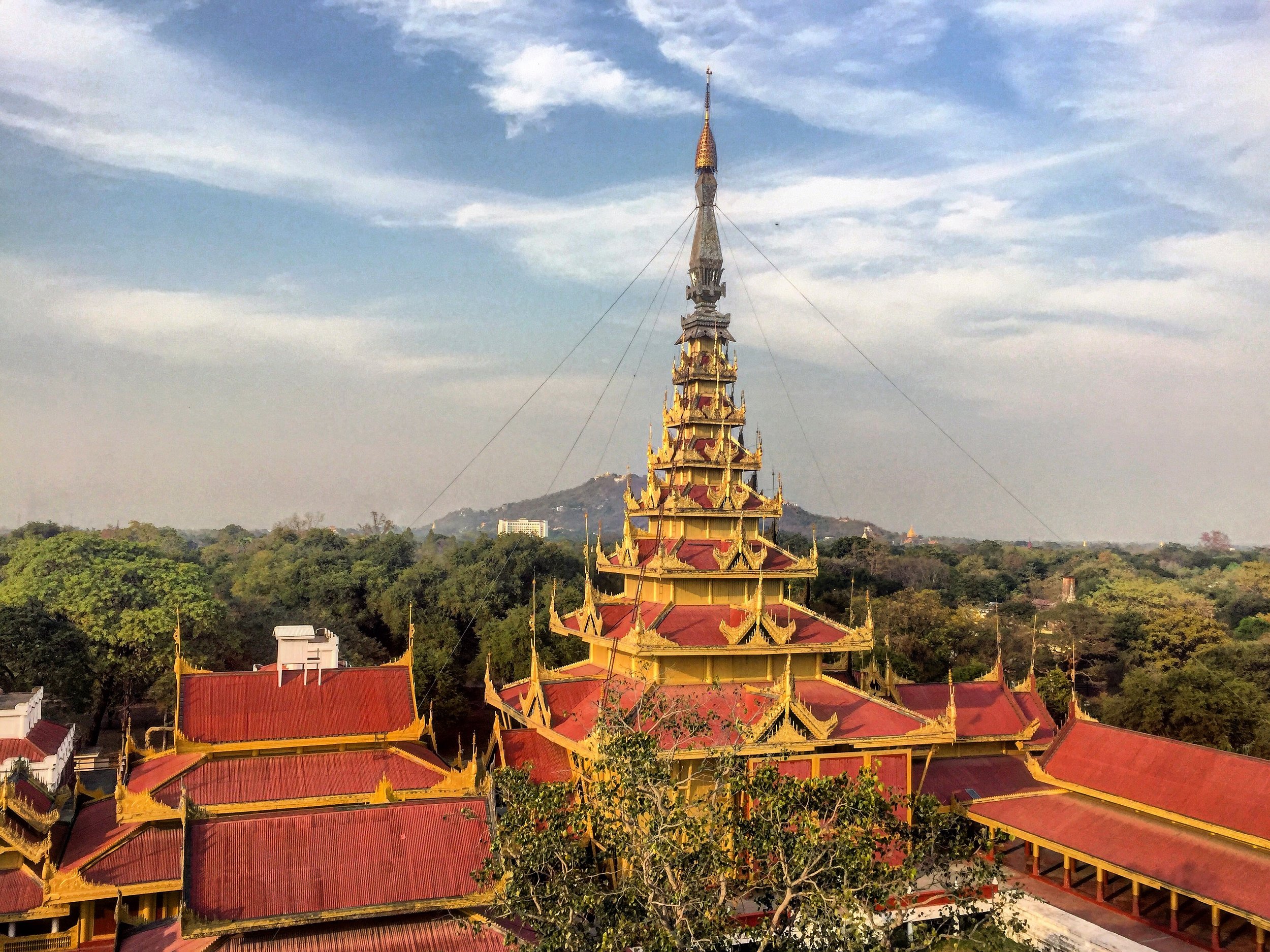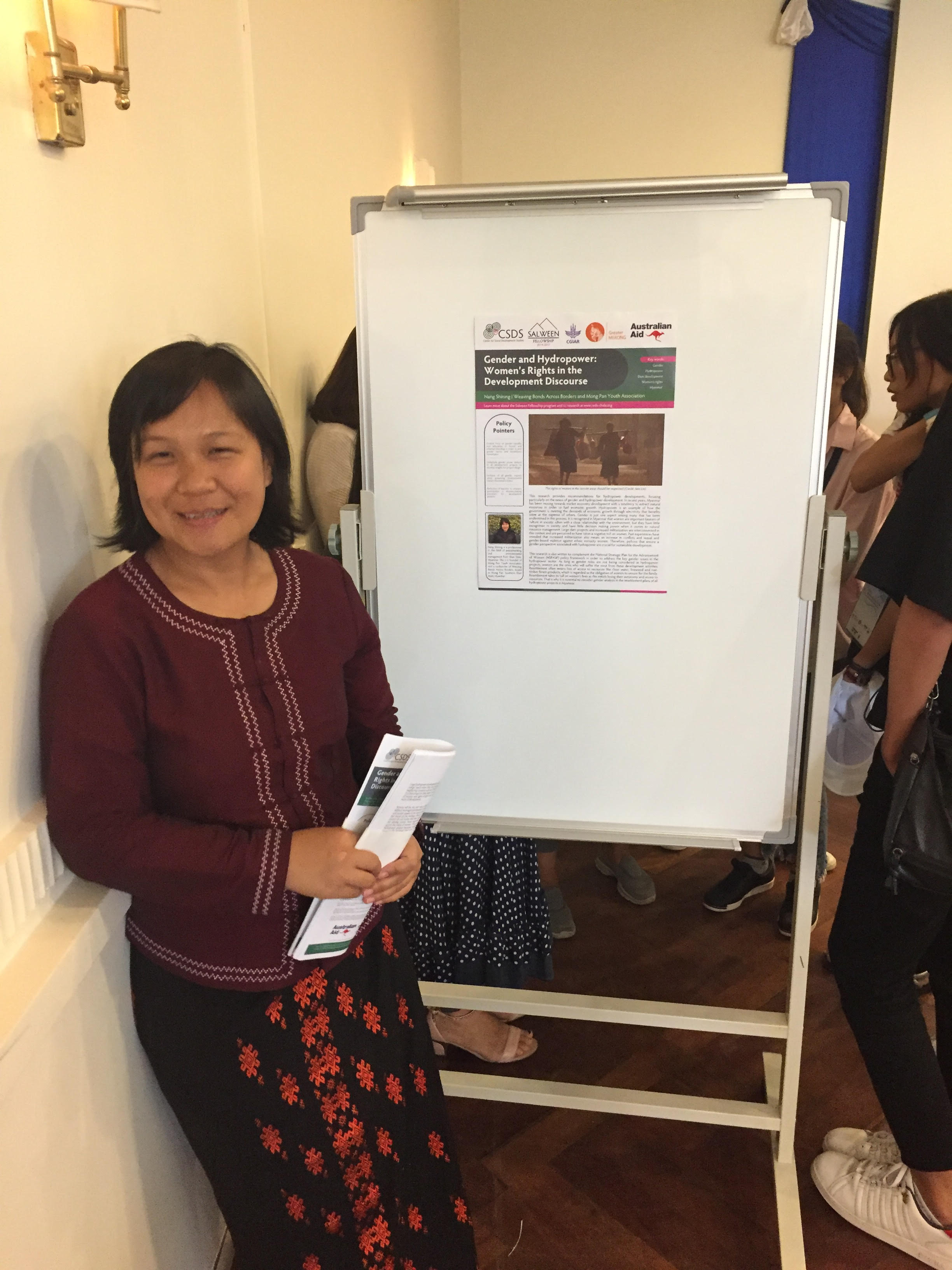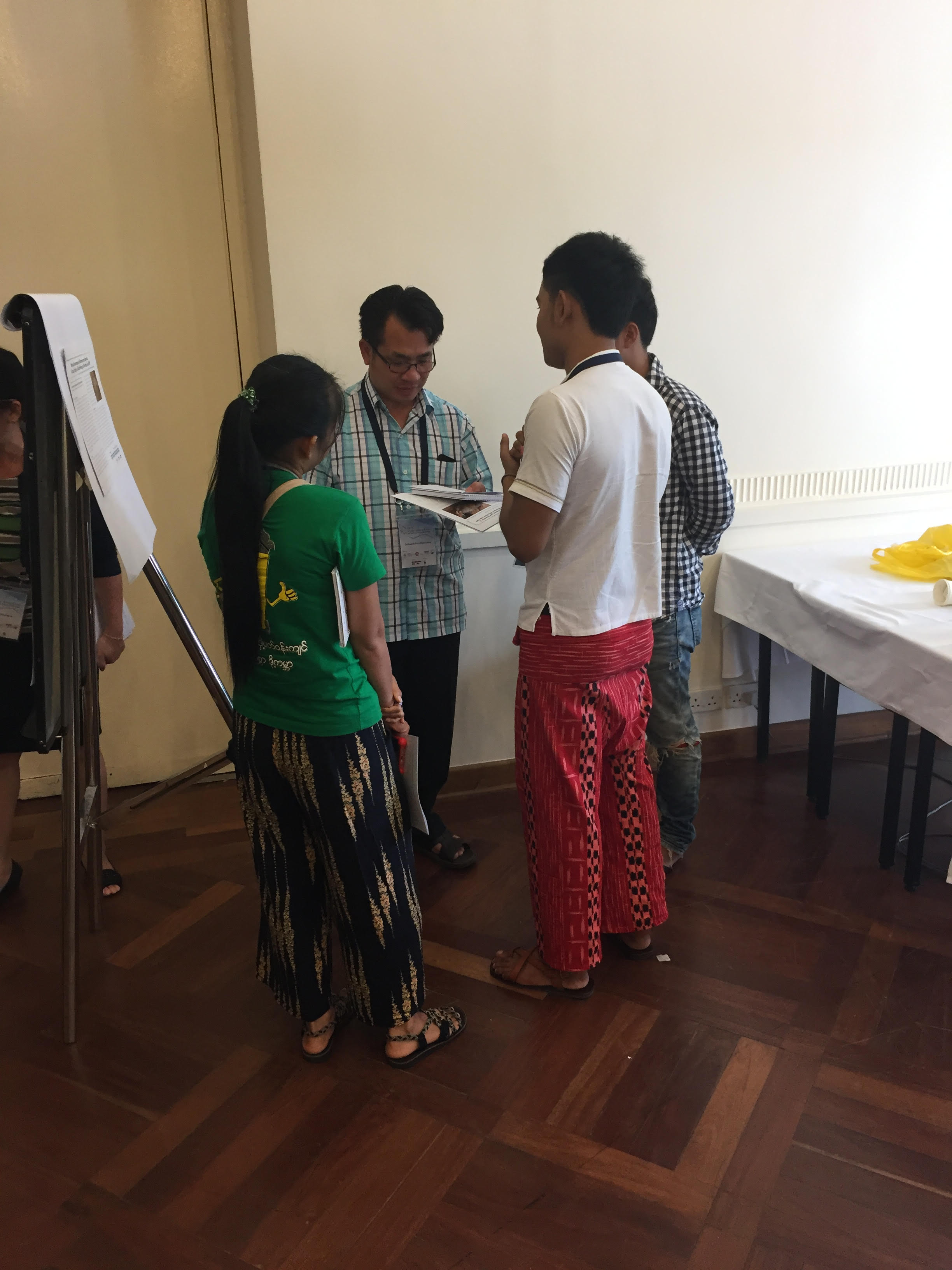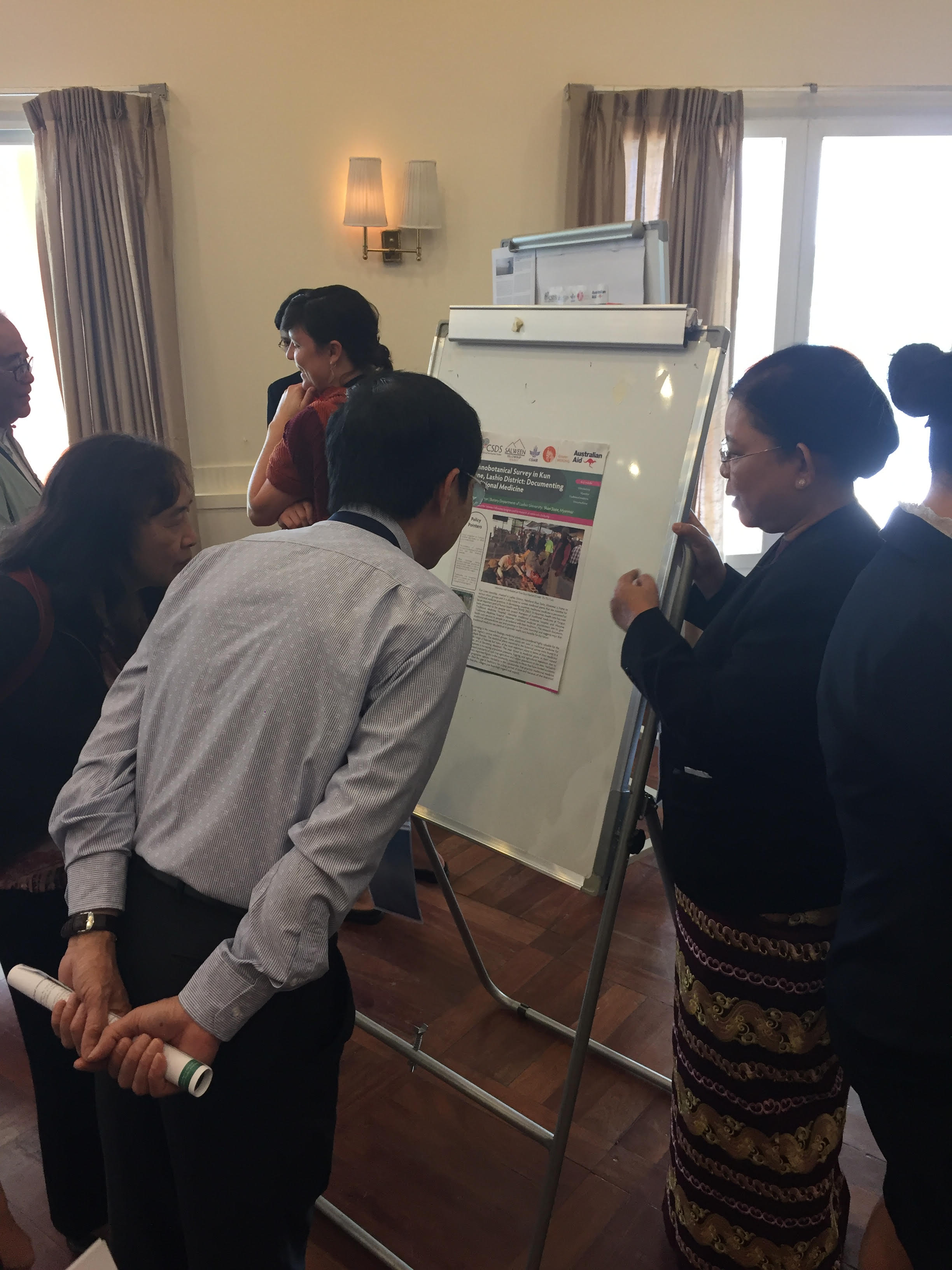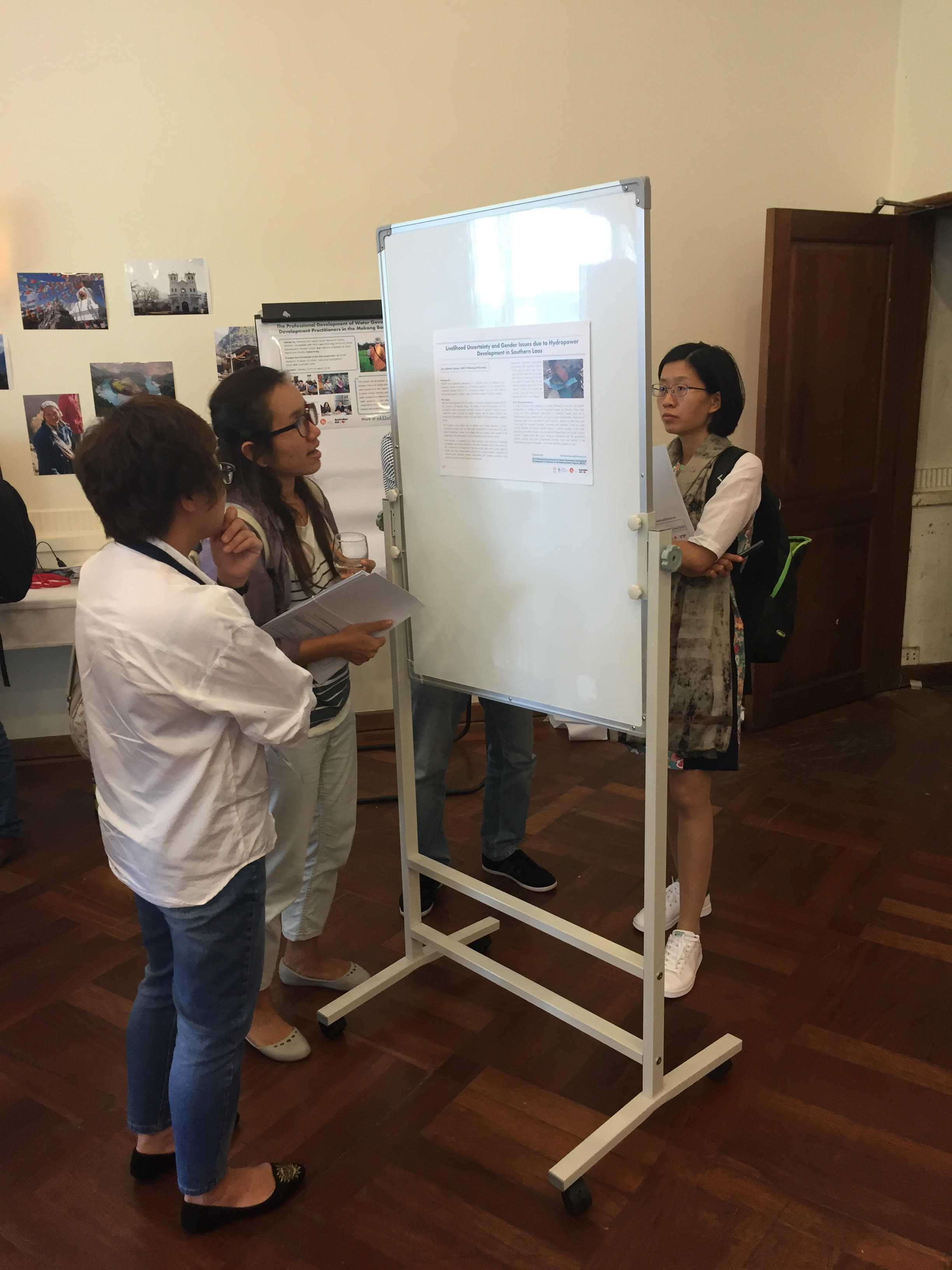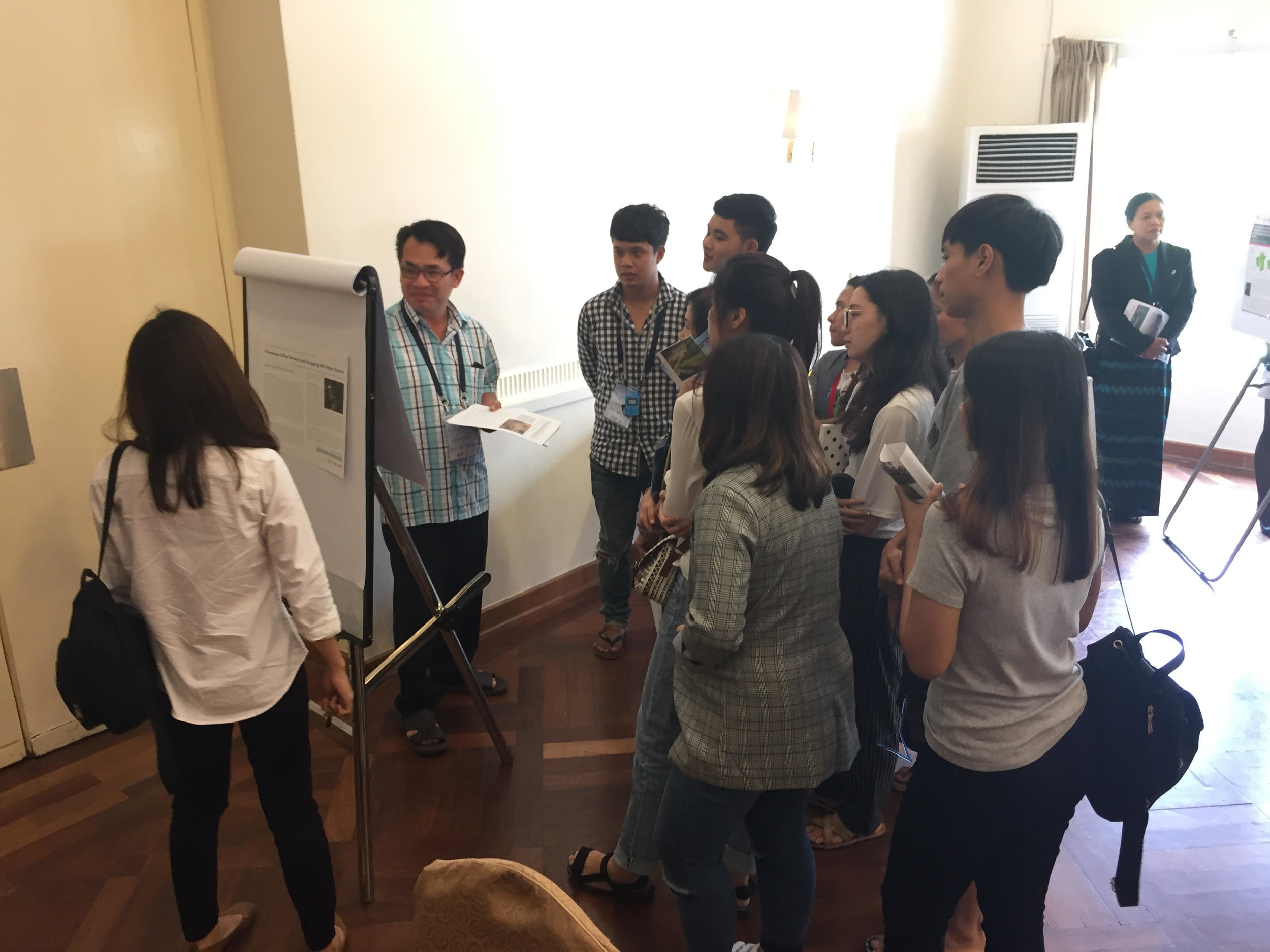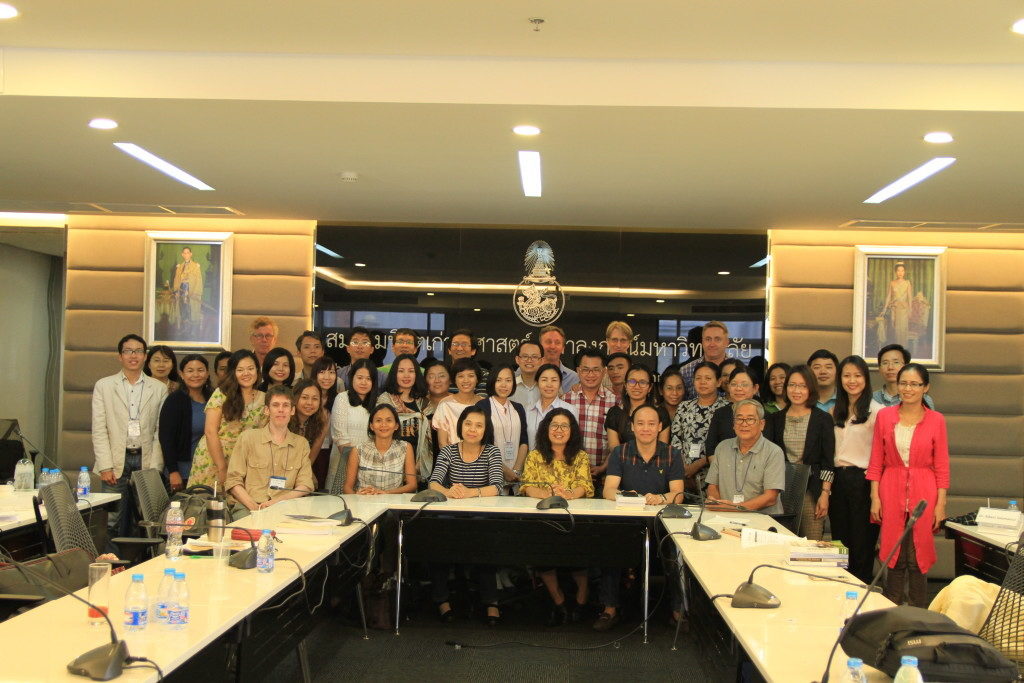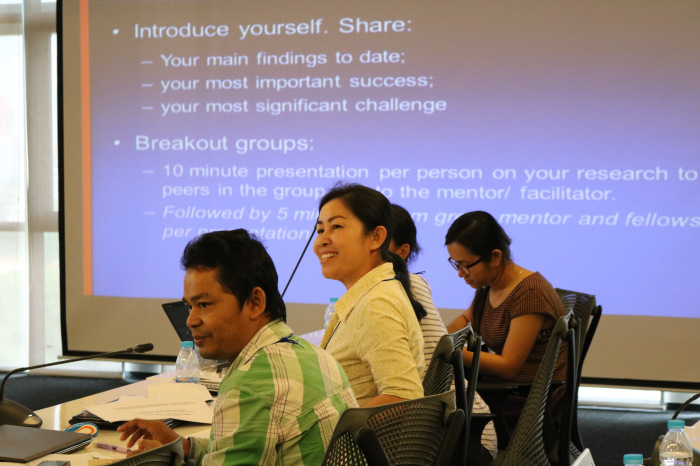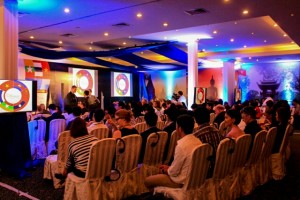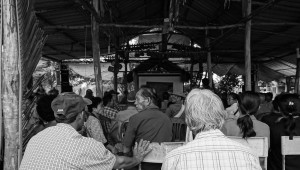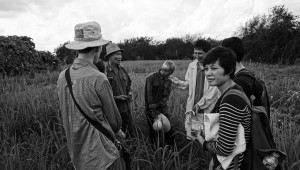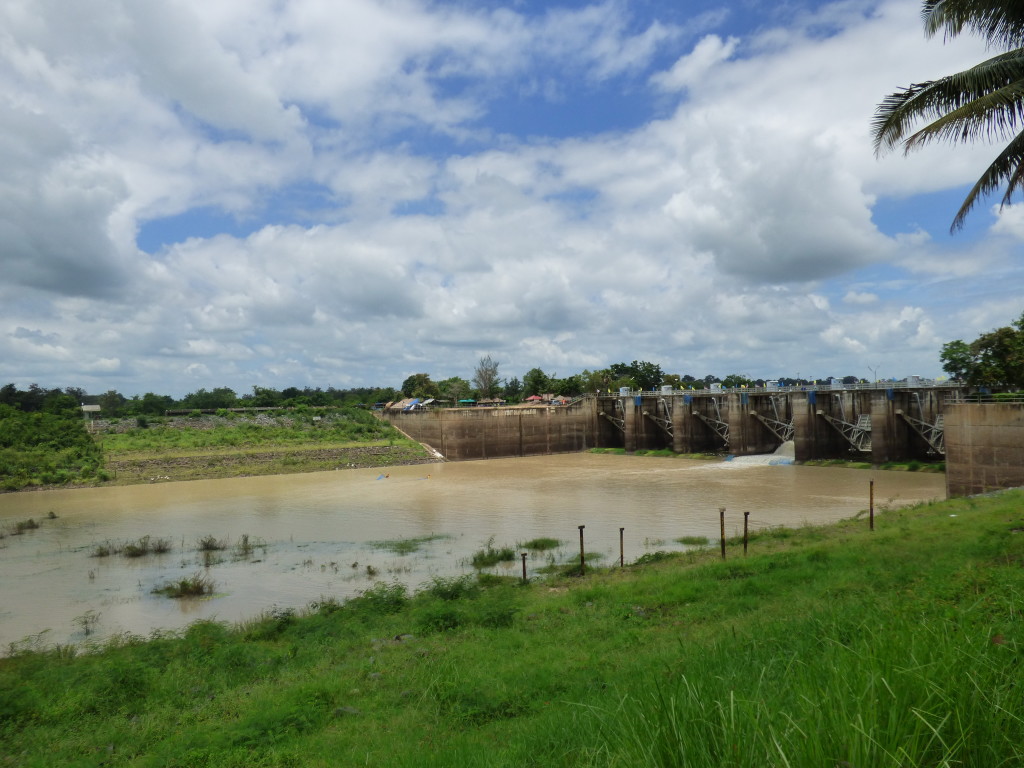EVENT REPORT: Knowing the Salween River: Resource Politics of a Contested Transboundary River [Bangkok, 7 September 2019]
/The Salween River, shared by China, Myanmar, and Thailand, is increasingly at the heart of pressing regional development debates. The basin supports the livelihoods of over 10 million people, and within it there is great socioeconomic, cultural and political diversity. The basin is witnessing intensifying dynamics of resource extraction, alongside large dam construction, conservation and development intervention that is unfolding within a complex terrain of local, national and transnational governance.
With a focus on the contested politics of water and associated resources in the Salween basin, on September 7, 2019, Center for Social Development Studies organized a seminar on "Knowing the Salween River: Resource Politics of a Contested Transboundary River". The seminar explored the possible futures of the Salween basin through the lens of: resource politics; politics of knowledge making; and reconciling knowledge across divides. The seminar also launched the new book: “Knowing the Salween River: Resource Politics of a Contested Transboundary River”.
The Dean of the Faculty of Political Science, Asst. Prof. Dr. Ake Tangsupvattana, welcomed the participants by reflecting how the Salween River basin is at the cross-roads of a major political and development transition. Within the basin, there is intensifying resource extraction alongside dam construction, conservation projects and other forms of development intervention. He also highlighted the important contribution that research can make toeards ensuring inclusive, sustainable and fair development within the Salween basin.
The first session, chaired by Vanessa Lamb from the University of Melbourne, explored the theme around resource politics and Salween River. Carl Middleton from the Center for Social Development Studies, Chulalongkorn University explored the many possible alternatives for the Nu River, from hydropower construction to national park creation, but not every pathway has been given equal consideration, concluding that decision-making about which development pathway is chosen for the future for the Nu River, should be inclusive, informed and accountable with the rights of ethnic communities recognized. Alec Scott from Karen Environmental and Social Action Network (KESAN) talked about hydropower politics and conflict on the Salween River, explaining how Civil Society Organisations have been working across multiple scales. He also explained how collaborations between local communities, CSOs and Ethnic Armed Organisations have reconceptualized and decentralized water governance in the context of unresolved armed conflict. Laofang Bundidterdsakul from Legal Advocacy Center for Indigenous Communities (LACIC) reflected on the ongoing conflict between the national forest law and community livelihood in Thailand, and how the community were criminalized for using land and forest resources using the preservation areas declaration. He highlighted how the community should have the legal rights to get compensation from the products from the land and forest, as well as being involved in decision making since they should be regarded as affected people.
The second session, chaired by Professor Saw Win, retired Rector of Maubin University in Myanmar, explored the theme around the politics of knowledge making. Mar Mar Aye from Lashio University presented on the importance of understanding the traditional knowledge and practice in the Salween River basin especially on the use of the diverse plants by indigenous communities. These practice are being threatened by a range of factors including deforestation and agricultural expansion. Paiboon Hengsuwan from Chiang Mai University, explained the simplistic rendering of complex Salween Communities in their negotiation for development in Thailand. Saw Tha Poe, also from KESAN, presented on the lessons learned from Daw La Lake and Kaw Ku Island, Karen State, in regards to community-based water governance. He also gave recommendation for the government to prioritize peace and political settlement as well as to prioritize trans-boundary river management.
The third session, chaired by John Dore, Lead Water Specialist from the Department of Foreign Affairs and Trade, Australia, explored the theme around reconciling knowledge across divides. Vanessa Lamb presented on the effort to think about the Salween across knowledge divides. The key messages from the presentation includes a different approach on state of knowledge, recognizing history and contributions across knowledge divides, values in addition to threats and maintain room for critique and collaboration. Cherry Aung from Pathein University provided information on current situation of governance and fisheries of the Salween River estuary with the focus on the community fishery livelihoods and the socio-economic change in the villages. She also highlighted how the Salween River estuary is facing pressures from a number of ecological and anthropogenic stressors. Khin Sandar Aye from Loikaw University shared key finding from her study in Bawlakhe District, Kayah State, Myanmar, that forest depletion and changes in land utilization have caused changes in the local economy. Her recommendation is that the government should promote community-based natural resource management in villages.
The fourth session, chaired by Carl Middleton, explored the theme around the future of the Salween River from the policy, politics, and practice. Khin Maung Lwin, advisor to the National Water Resources Committee, Myanmar, presented the various ways of advocacy on positioning the Salween River in Myanmar’s river politics. He shared his ideas on water governance in Salween River and also the importance of dialogues with relevant stakeholders including governments, armed groups, developers and business sectors. Nang Shining from Weaving Bonds across Borders and Mong Pan Youth Association explained her work on collaborating with partner organisations to empower the women and youth to have a more active role in sustainable development. She highlighted how ethnic groups should have a primary role in water management across different scales, and also women, children and vulnerable group should be the major concerns in the decision-making processes, and should be involved as part of accountable and transparent decision-making processes. Youth should have the opportunity to be involved in all the above processes and activities. Pianporn Deetes from International Rivers presented on local community activism on transboundary river protection under military control in Thailand and her concern for justice and peace in the Salween River. She highlighted that on moving forward, ensuring a peaceful existence of ethnic peoples in the basin and clear pathway for justice must come first.
The presentations from this public forum can be accessed here. All of the sessions were broadcast on Facebook Live and can also be viewed on the above link.
*Report written by Anisa Widyasari, Communications Coordinator at CSDS










